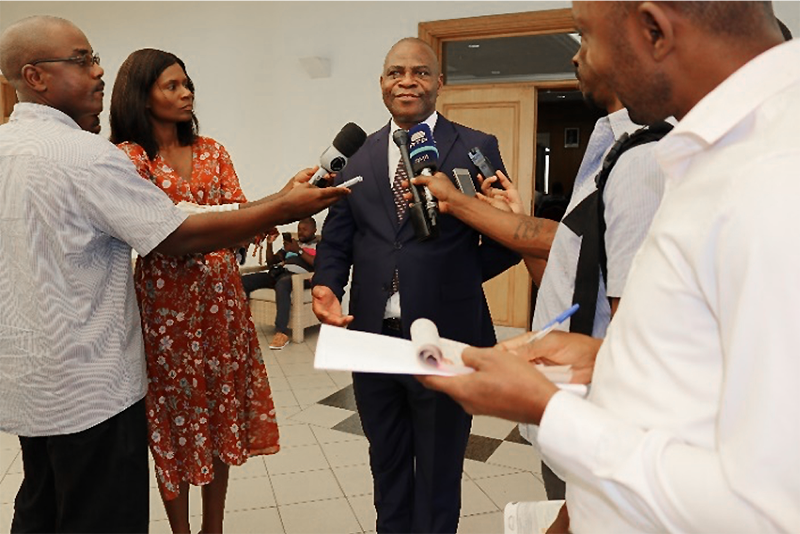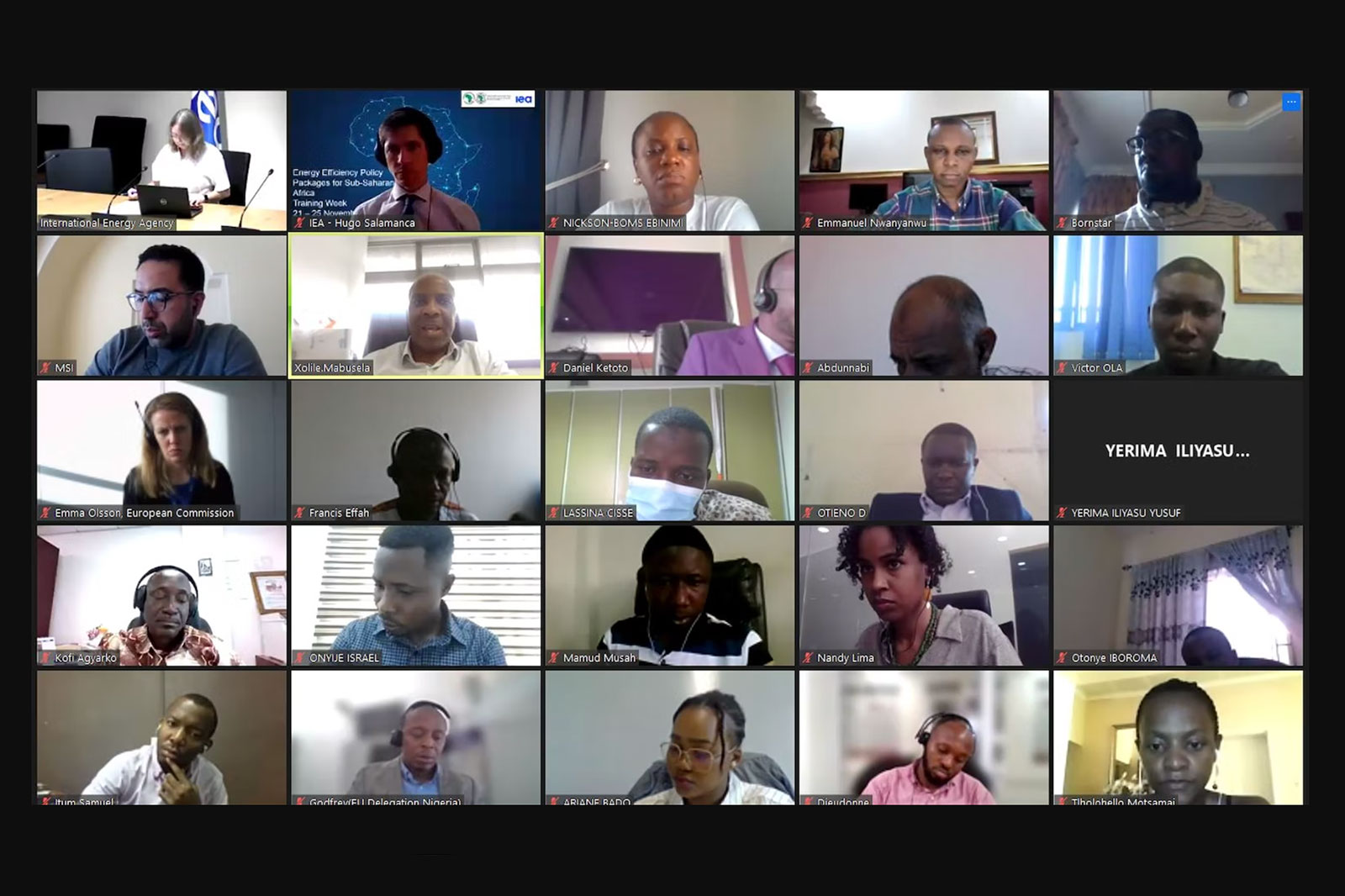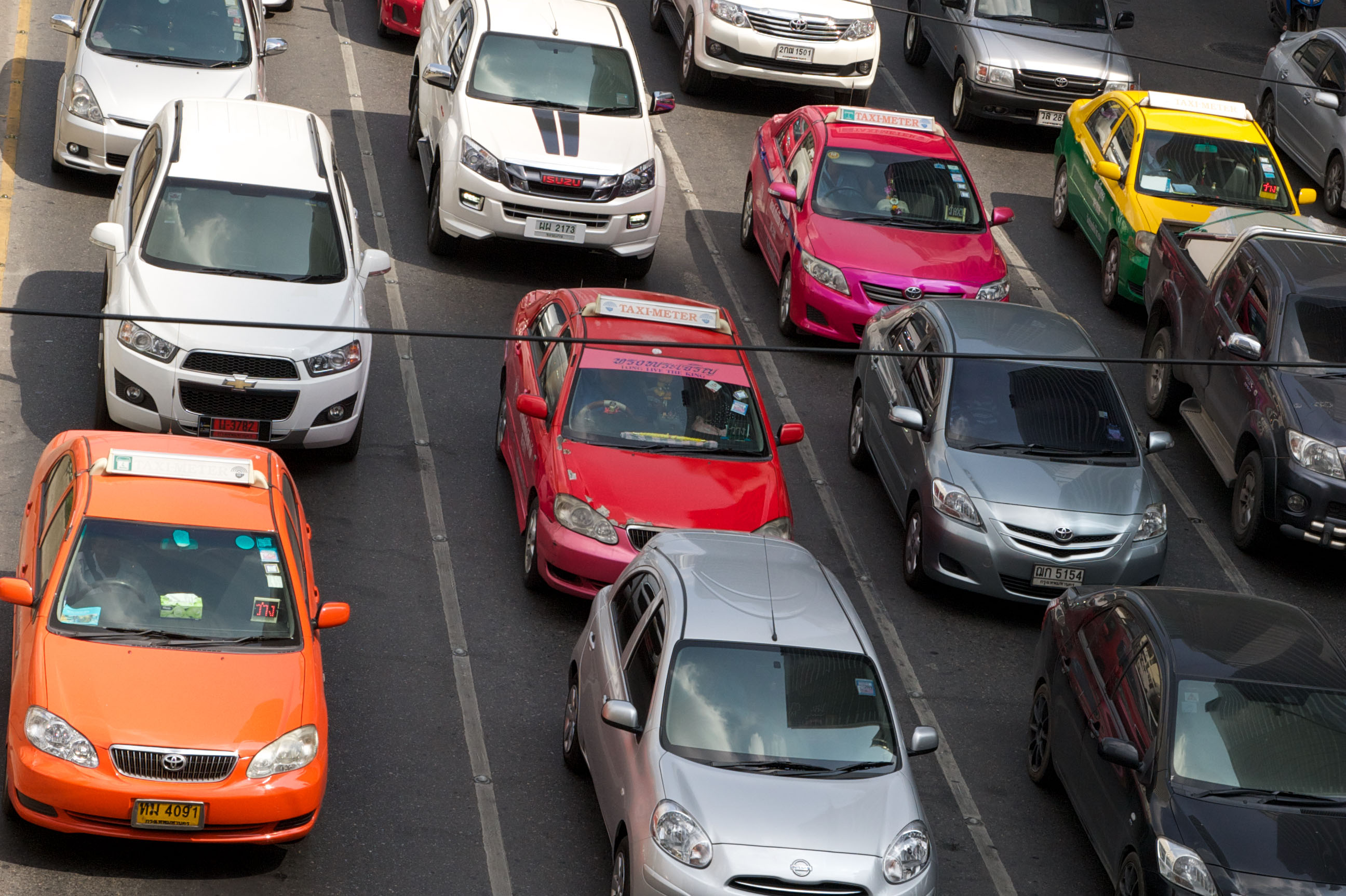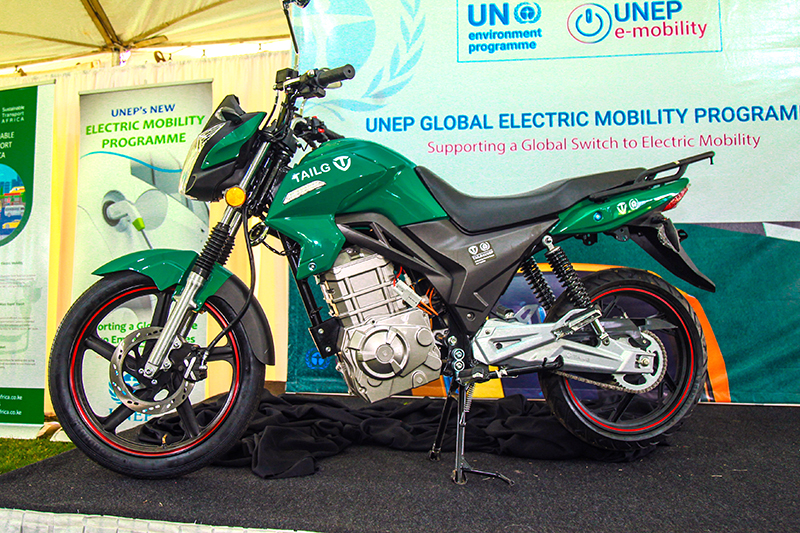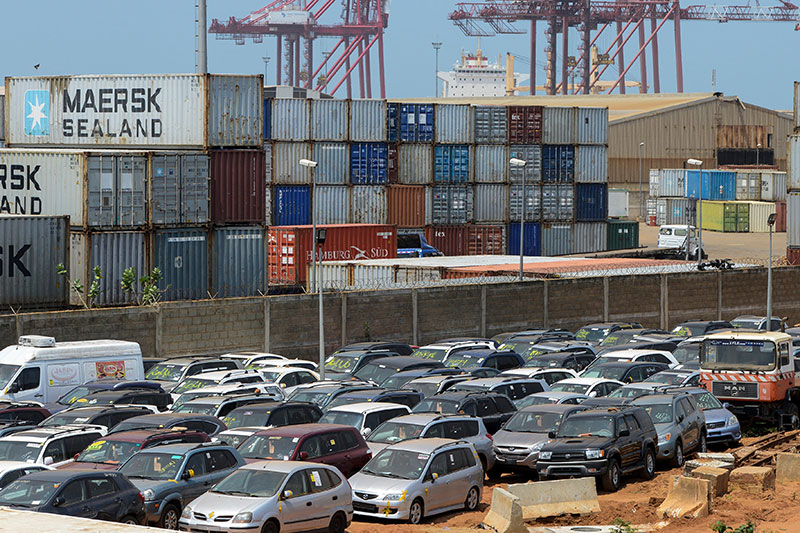Mozambique discusses electric mobility strategy
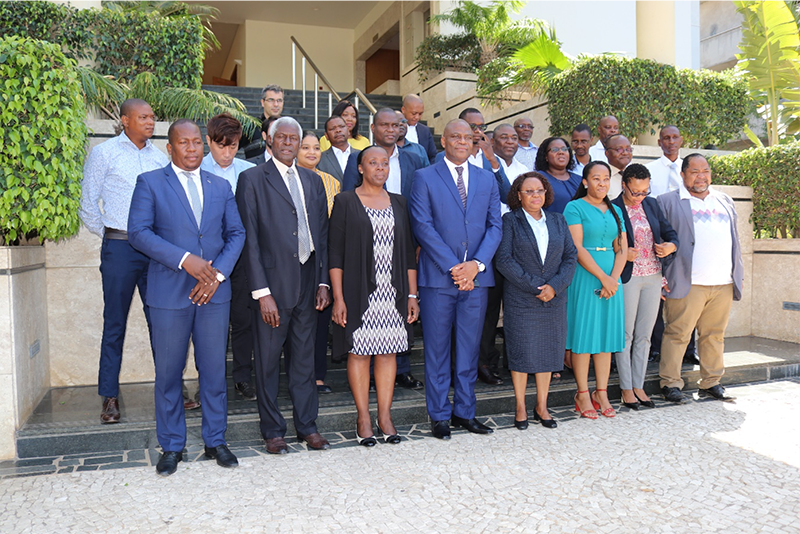
A workshop to discuss a new draft national electric mobility strategy was held in Mozambique on 7 November 2019. It was organized by the Ministry of Mineral Resources and Energy in collaboration with UNEP and was attended by government, academia and private sector players. The meeting follows GFEI’s previous stakeholder roundtables, which highlighted the need for policies and incentives to promote import of cleaner, low carbon vehicles, including electric vehicles. Mozambique has a large share of electricity from renewable sources and there is considerable potential to leverage on electric mobility as one of the sustainable mobility solutions.
In his opening remarks, the National Director of Hydrocarbons and Fuels, Mr. Moises Paulino, spoke about how electric mobility is pertinent to the government’s 5-year programme to protect the environment and people. He said the government was supportive of the shift to electric mobility and pointed out that electric mobility in Mozambique was a very favorable option as over 94% of electricity in the country is generated from renewable energy sources – with the highest share being from Hydro at 81%.
The draft national electric mobility strategy was developed by Eduardo Mondlane University (UEM) on behalf of the government. In their analysis, the UEM found that the country was experiencing high vehicle growth despite the economic slowdown in 2017. The study showed that vehicle population had grown by 832% between1990 and 2017, corresponding to an average annual growth rate of 37% between 1990 and 2012, and 51% between 2012 and 2017. About 40% of the national fleet cars can be found in the Maputo Metropolitan Region. Mozambique imported more used cars than new ones in recent years, but the share of new cars to imported cars increased from 29% in 2015 to 38% in 2017. The surge in new vehicle sales was attributed to a recent change in government taxation that incentivized newer vehicles with vehicles more than 7 years paying higher taxes. It was also noted that there were roughly 20,000 state-owned vehicles and their replacement with electric vehicles would make a huge impact in terms of emissions reduction and public awareness.
The workshop recommended that state-owned and public transport vehicles are replaced by electric mobility starting with the Maputo Metropolitan Region. Participants proposed piloting electric mobility projects in Maputo as the city already had developed an integrated transport plan for CNG buses that could include electric mobility. Other recommendations include the need for the country to prepare a legal framework for electric mobility that includes policies and strategies to govern introduction of such mobility; the need for fiscal measures to incentivize electric vehicles; establishment and/or capacity building of institutions that will regulate electric mobility; the inclusion of cities/local authorities in the electric mobility discussions as they offer first opportunity for mass uptake; support feasibility study to come up with more concrete actions to support electric mobility; and the need for public awareness on the benefits of electric mobility. Finally, the formation of an inter-ministerial technical working group to engage with policy makers to promote the introduction of electric mobility in Mozambique was proposed.
